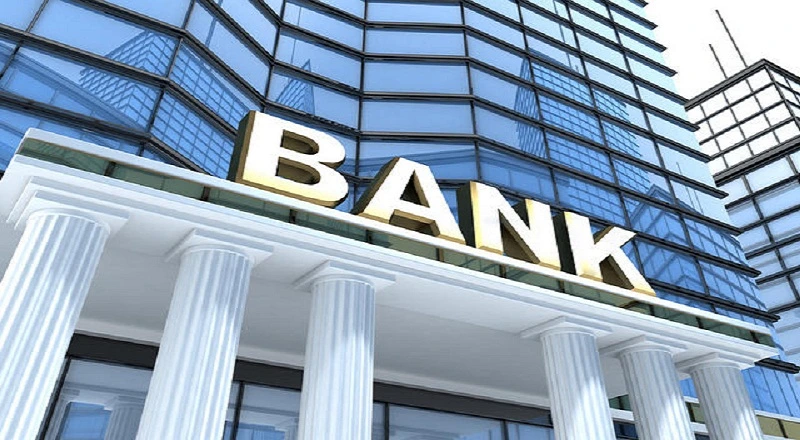Forex Legality in Malaysia: 5 Common Myths You Should Stop Believing
Forex Legality in Malaysia: Busting the 5 Biggest Myths
Let’s face it—forex legality in Malaysia isn’t exactly a well-understood topic. Depending on who you ask, you’ll hear everything from “forex is totally illegal” to “you can trade with anyone, no problem.”
Truth? The reality sits somewhere in the middle. If you’re serious about trading—or even just curious—you’ll want to separate fact from fiction. So let’s bust some myths.
Myth #1: Forex Trading Is Illegal in Malaysia
Wrong. Plain and simple.
Forex trading is legal in Malaysia—but only if you do it through licensed, regulated institutions. The entire foreign exchange market is overseen by Bank Negara Malaysia (BNM), and in some cases, the Securities Commission (SC).
You can trade forex via local banks or investment firms that are registered with these regulators. That’s the legal route.
If you’re trading via an unregulated offshore platform, you might not be breaking the law outright, but you’re certainly stepping into murky waters—and if things go wrong, don’t expect legal protection.


Myth #2: Offshore Brokers Are “Totally Fine” to Use
Not quite.
Yes, a lot of Malaysians trade with offshore brokers. And yes, many of those brokers make it easy: easy sign-up, slick platforms, and maybe even tighter spreads.
But here’s the deal—offshore brokers that aren’t licensed in Malaysia aren’t technically legal options. BNM does not recognize or regulate these entities. If something shady happens, your money is as good as gone.
Just because the law isn’t always strictly enforced doesn’t mean it’s safe. It means you’re gambling with your protection.
Myth #3: If It Has a License Somewhere, It Must Be Safe
Let’s break this down.
A broker might be licensed in another country—but that doesn’t mean it’s licensed in Malaysia. And that distinction matters. Malaysia’s regulators can’t enforce foreign rules, and they won’t bail you out if a foreign broker collapses or refuses to release your funds.
So unless the broker is specifically licensed by BNM or the SC, you’re on your own.
BNM actually keeps a public list of unauthorized companies. It’s worth checking before you commit your cash to anything.


Myth #4: Regulation Just Makes Trading Harder
Maybe you’ve heard this one: “Regulated platforms are slow, complicated, and don’t offer the same leverage.”
There’s a tiny grain of truth here—regulators do put limits in place, and yes, that includes leverage caps and anti-fraud checks.
But guess what? That’s not a downside. It’s protection. Trading isn’t supposed to be a get-rich-quick scheme. Regulations exist to stop people from losing everything to risky bets, scams, or outright fraud.
And it’s not like you’re limited to local trades. Several licensed brokers in Malaysia partner with international platforms, so you still get access to the global forex market—just without the unnecessary risk.
Myth #5: Forex and Crypto Follow the Same Rules
This one trips up a lot of newer traders.
Some forex platforms also offer crypto trading, so it’s easy to assume they fall under the same regulations. Not true.
In Malaysia, crypto is regulated separately, under the Securities Commission, not Bank Negara. That means the rules differ—not only in scope but in legal expectations. You can’t assume that just because a platform is legal for forex, it’s also approved for crypto (or vice versa).
Do your homework before you jump between the two.


What Happens If You Ignore the Rules?
Real talk: many people still trade with offshore brokers and get away with it. No one’s knocking on their door.
But when things go wrong—and they do—you’ll wish you stuck to the legal route. Frozen accounts, vanishing funds, ignored customer service… you’ll have no recourse. And good luck trying to get your money back through a regulator who doesn’t even recognize the broker in question.
Legal risk might feel abstract—until it’s your cash on the line.
Final Thoughts: The Truth About Forex Legality in Malaysia
So, is forex legal in Malaysia? Yes—but only when you play by the rules. Stick with licensed institutions. Check BNM’s lists. Avoid promises of “easy money” and “guaranteed profits.”
Forex legality in Malaysia is one of those things people like to assume they understand—but assumptions are costly in this space.
Protect yourself. Stay informed. And remember—being cautious isn’t weakness. In the forex world, it’s survival.
Relevant Link : Forex Legality in Malaysia: Straight Talk, No Sugarcoating




